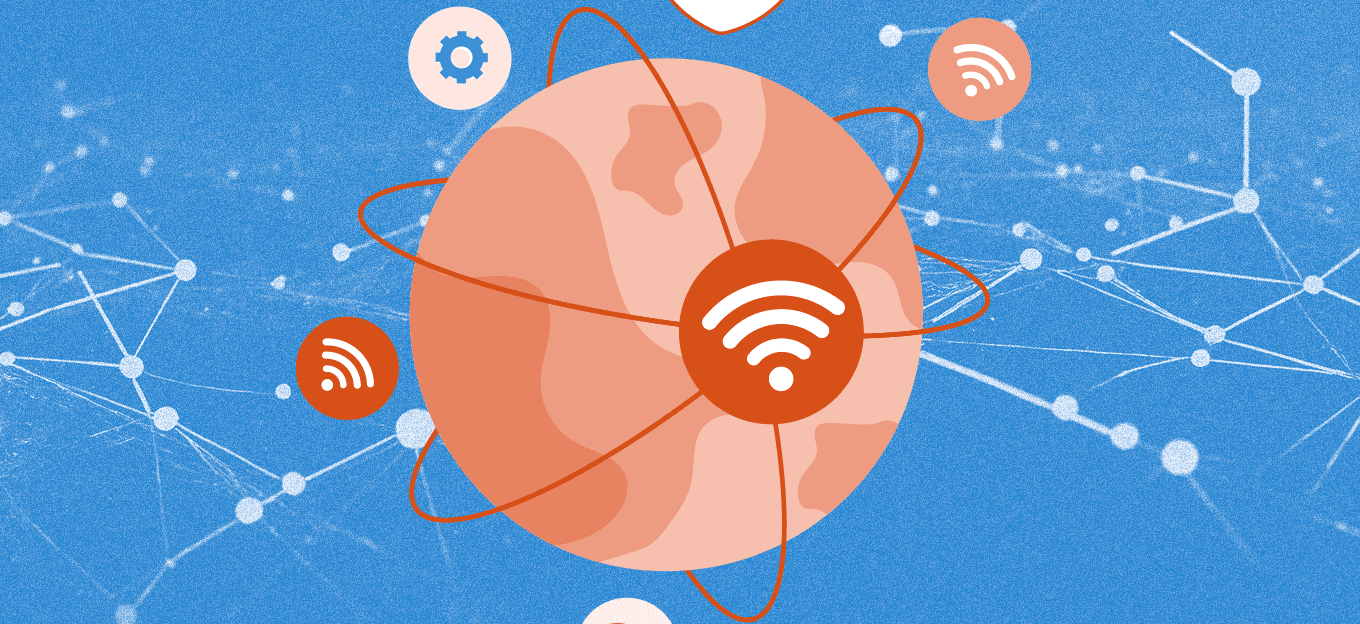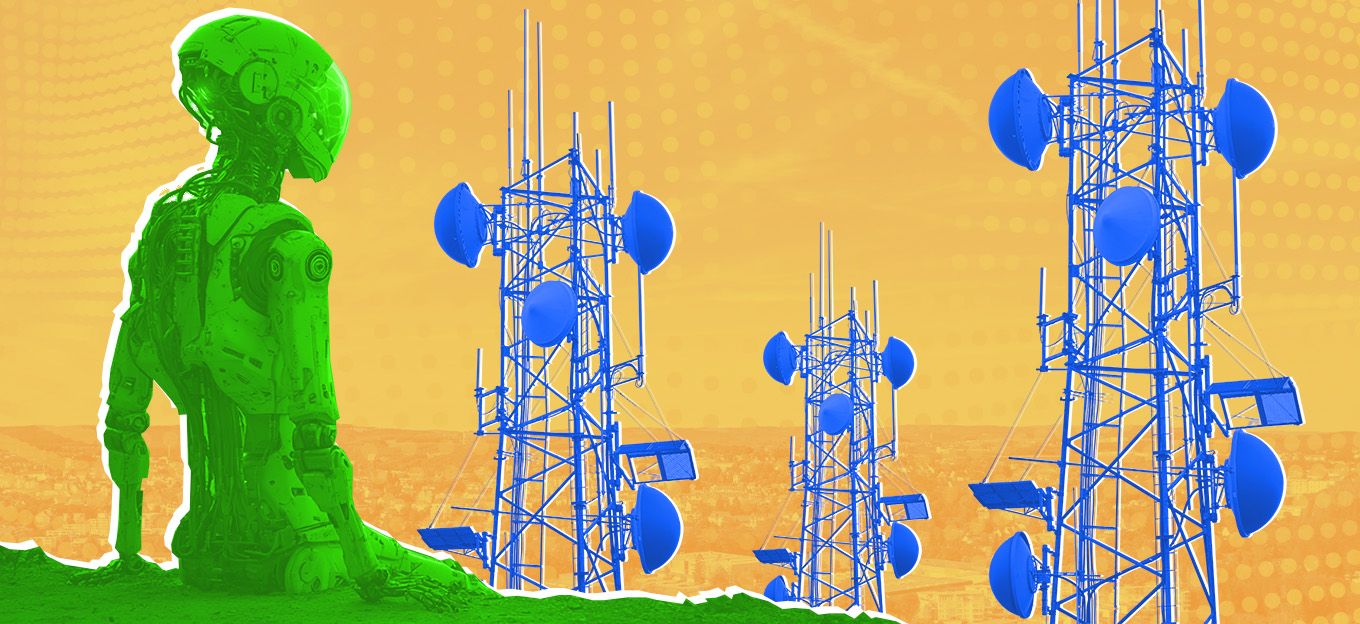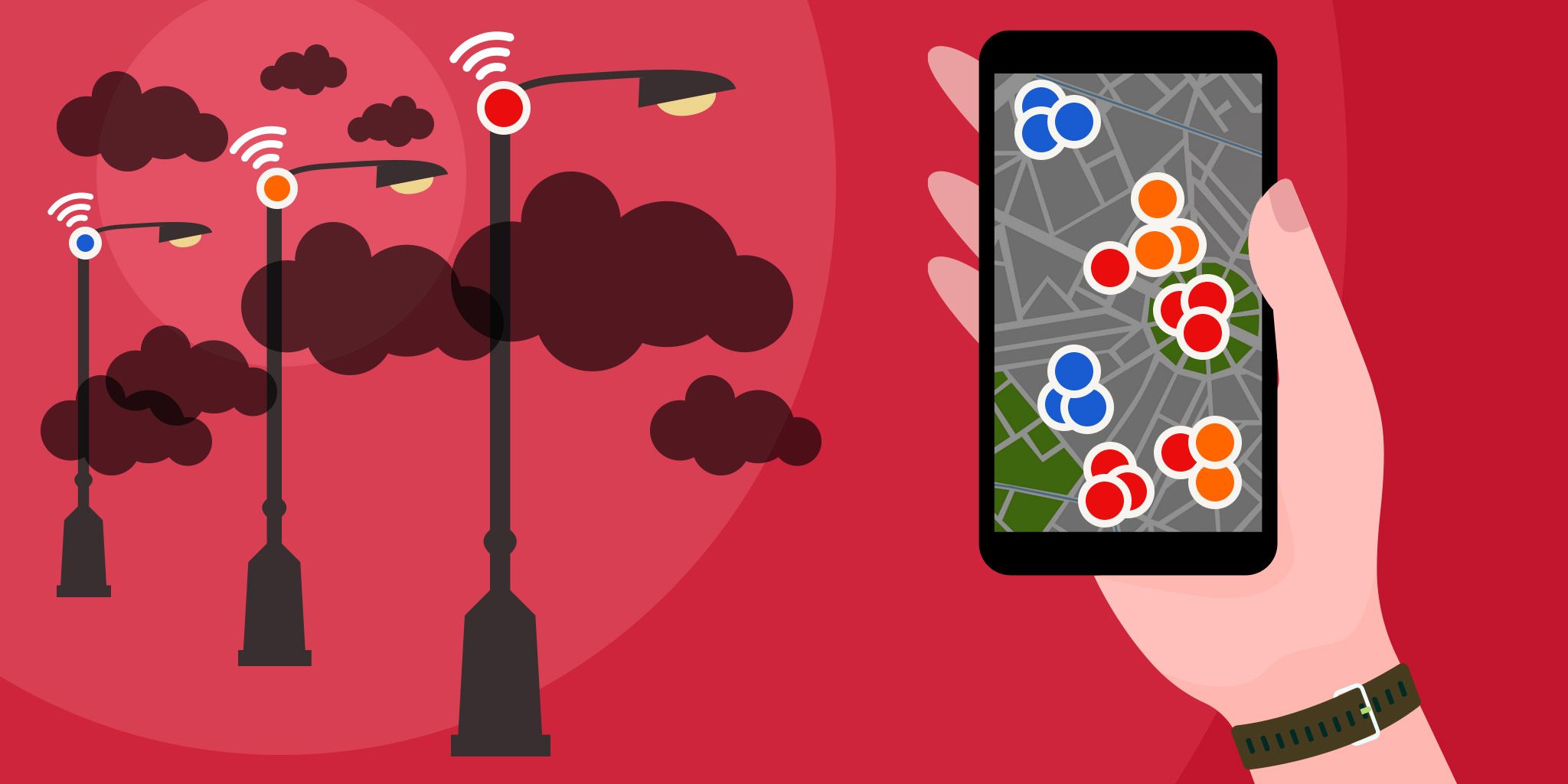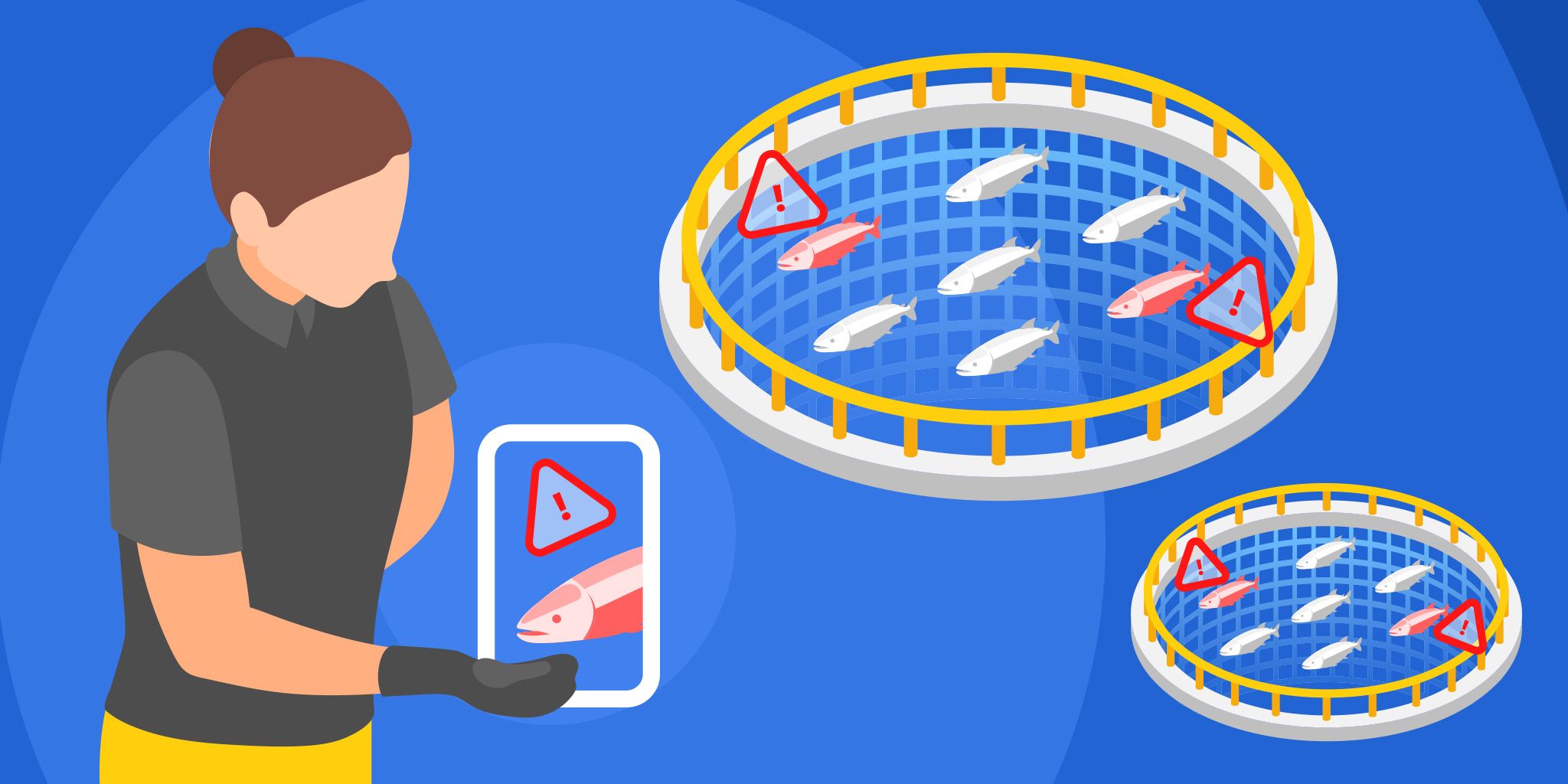How IoT Keeps the Cannabis Industry Connected
How IoT Keeps the Cannabis Industry Connected
- Last Updated: December 2, 2024
Devin Partida
- Last Updated: December 2, 2024



The cannabis industry is growing quickly. Changing attitudes and laws are leading to a business boom, and new tech is helping cannabis companies manage this growth. The Internet of Things (IoT) is one of the most important of these technologies. Despite this boom, the cannabis sector is still relatively young and heavily regulated. IoT connectivity provides the insight and control that these businesses need to navigate obstacles and sustain growth throughout the product life cycle. Let's take a look at the various ways IoT is being used in the cannabis industry.
'If cannabis companies can make the most of IoT technology, they can overcome industry-wide obstacles to meet consumers’ rising expectations.' -Devin Partida
Cannabis Industry IoT Use Cases
#1: Farming
One of the most significant IoT use cases for the cannabis industry is in the greenhouse. IoT devices are changing farming on many fronts and cannabis farms are no exception to this trend. Precision farming uses IoT sensors to monitor factors like soil nutrients, moisture, and the presence of pests. With these detailed, real-time insights, growers can make more informed decisions about watering and fertilization, using these resources more efficiently. This, in turn, leads to lower costs and better yields, helping cannabis companies maximize profits.
Because 60% of cannabis growers grow indoors, the industry can benefit from this technology even more than other agricultural sectors. Growers can use IoT systems to control lighting, temperature, and humidity remotely and with more precision. Making small changes and gaining complete visibility into these processes can lead to better products and lower energy expenses.
#2: Supply Chain
After growing, the IoT can help ensure a smoother supply chain process between farms and the dispensary. Remote tracking tools give these businesses real-time updates about their shipments’ location and quality. With that information, they can offer customers more accurate pictures of availability and ensure products arrive on time.
Similar IoT systems can provide a real-time, in-depth view of current inventory levels. This visibility helps inform timely orders to prevent running out of stock or misleading customers. Stores can also use this data to create efficient delivery and pickup programs, passing stock information and delivery schedules on to customers. When customers can easily pick up their favorite products, it will likely boost sales and improve consumer loyalty by increasing transparency.
#3: Dispensaries
IoT technology continues to help cannabis companies in the storefront. Tracking technologies like Radio Frequency Identification (RFID) create a more detailed picture of inventory and sales, which helps streamline regulatory compliance. That is a considerable time-saver for an industry as highly regulated as this one. Devices throughout the dispensary can track customer foot traffic to reveal where they spend the most time. Dispensaries can use that data to reorganize displays to make some products stand out more, helping boost sales. Similarly, these systems can combine with online sales channels to offer more insight into people’s shopping habits. Dispensaries can use this to personalize marketing campaigns or promotions. Personalization can help generate 40% more revenue than businesses that fail to capitalize on it.
Connecting the Cannabis Industry
As the cannabis industry grows, this increased connectivity will help it manage customer growth despite tight regulations. Growing operations will become more cost-efficient, supply chains more timely, and marketing materials more effective. If cannabis companies can make the most of IoT technology, they can overcome industry-wide obstacles to meet consumers’ rising expectations.
The Most Comprehensive IoT Newsletter for Enterprises
Showcasing the highest-quality content, resources, news, and insights from the world of the Internet of Things. Subscribe to remain informed and up-to-date.
New Podcast Episode

IoT in 2026: Trends and Predictions
Related Articles





